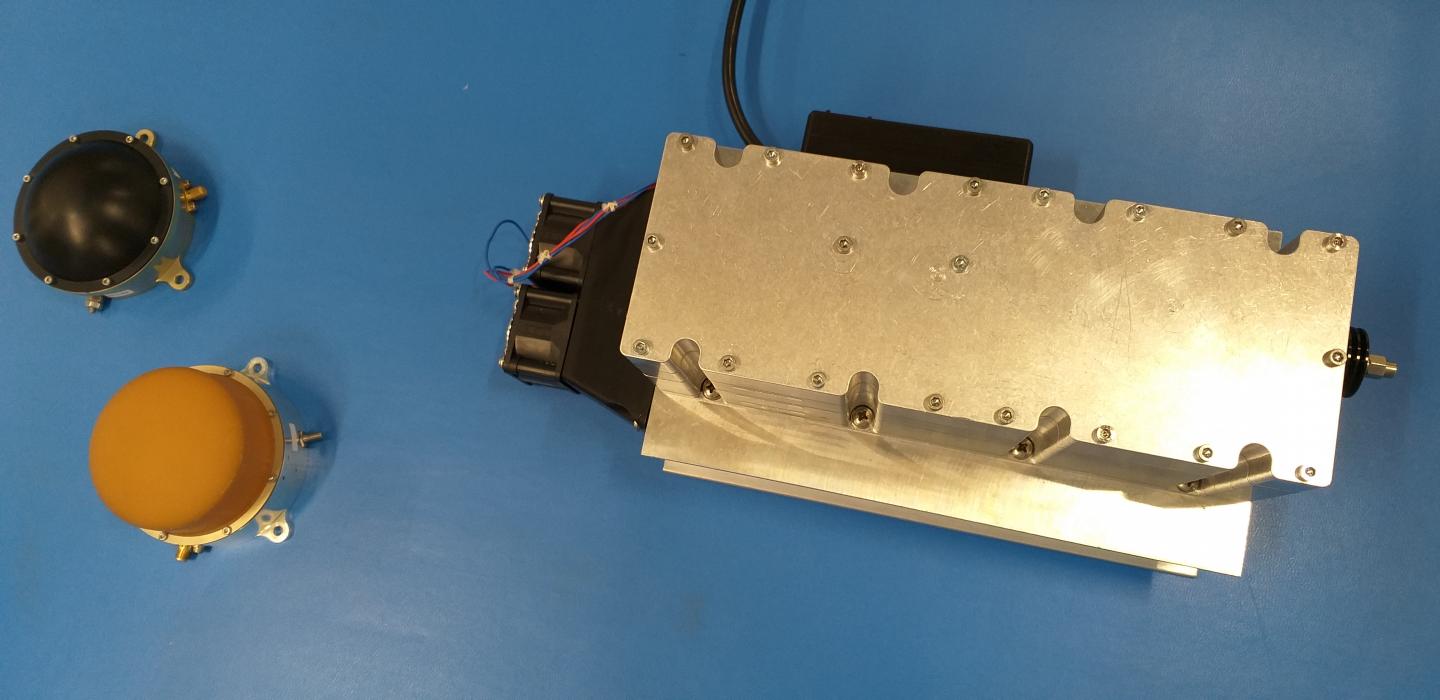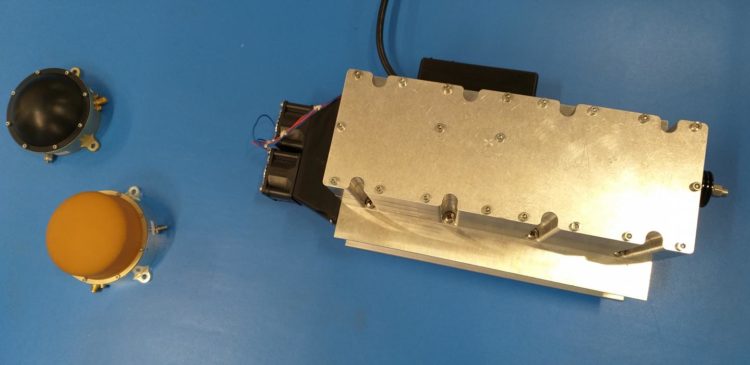
Credit: UCLouvain
For 20 years, Véronique Dehant, a space scientist at University of Louvain (UCLouvain) and the Royal Observatory of Belgium, has been working on understanding the Earth’s core. In a few months, she will be able to complete her research by studying the heart of Mars, thanks to the ExoMars mission. Its purpose is to collect Martian radio science data and analyse the planet’s rotation in order to better understand the red planet’s innards and thus determine whether life is feasible on Mars. In the end, for Véronique Dehant, ‘This UCLouvain research is one more brick in the wall of understanding outer space.’
A bit of space history
For a planet to be habitable, it needs water on its surface. Previous space missions have demonstrated that there was water on Mars and that there is none today. Another essential fact about the red planet: its magnetic field is now extinct (which makes Mars uninhabitable – Earth’s magnetic field and atmosphere protect us from radiation and the solar wind eroding our atmosphere). To understand this loss of atmosphere, one solution is to study the heart of Mars.
To obtain a magnetic field, movement in the planetary core’s fluid part (conductive liquid core) is required. Understanding the nature of Mars’s core will determine where the planet is in its evolution and even whether a magnetic field could one day be recreated – an essential condition for living on the red planet.
Mars platform and robot
In concrete terms, on 25 July 2020 the ExoMars mission, led jointly by the European Space Agency (ESA) and the Russian Space Agency (ROSCOSMOS), will send a platform and a robot to the red planet:
- The robot will collect subsoil samples (by drilling a few meters). Being a one-plate planet, its surface is not recycled (like Earth’s): all of its history is engraved on its surface … a treasure trove of information for scientists, who can delve into the history of Mars and the solar system.
- As for the platform, it will house two European instruments, including one developed in Belgium, the Lander Radioscience (LaRa), which Véronique Dehant is responsible for. Its goal is to determine whether Mars’s core is liquid or solid. Since planetary cores are physically inaccessible, scientists will use electromagnetic signals sent from Earth to LaRa and back (thanks to antennas designed at UCLouvain). The analysis of these signals will make it possible to understand the rotations and orientation of Mars and, ultimately, the nature of the red planet’s core.
###
Media Contact
Isabelle Decoster
[email protected]
32-486-426-220
Original Source
https:/





